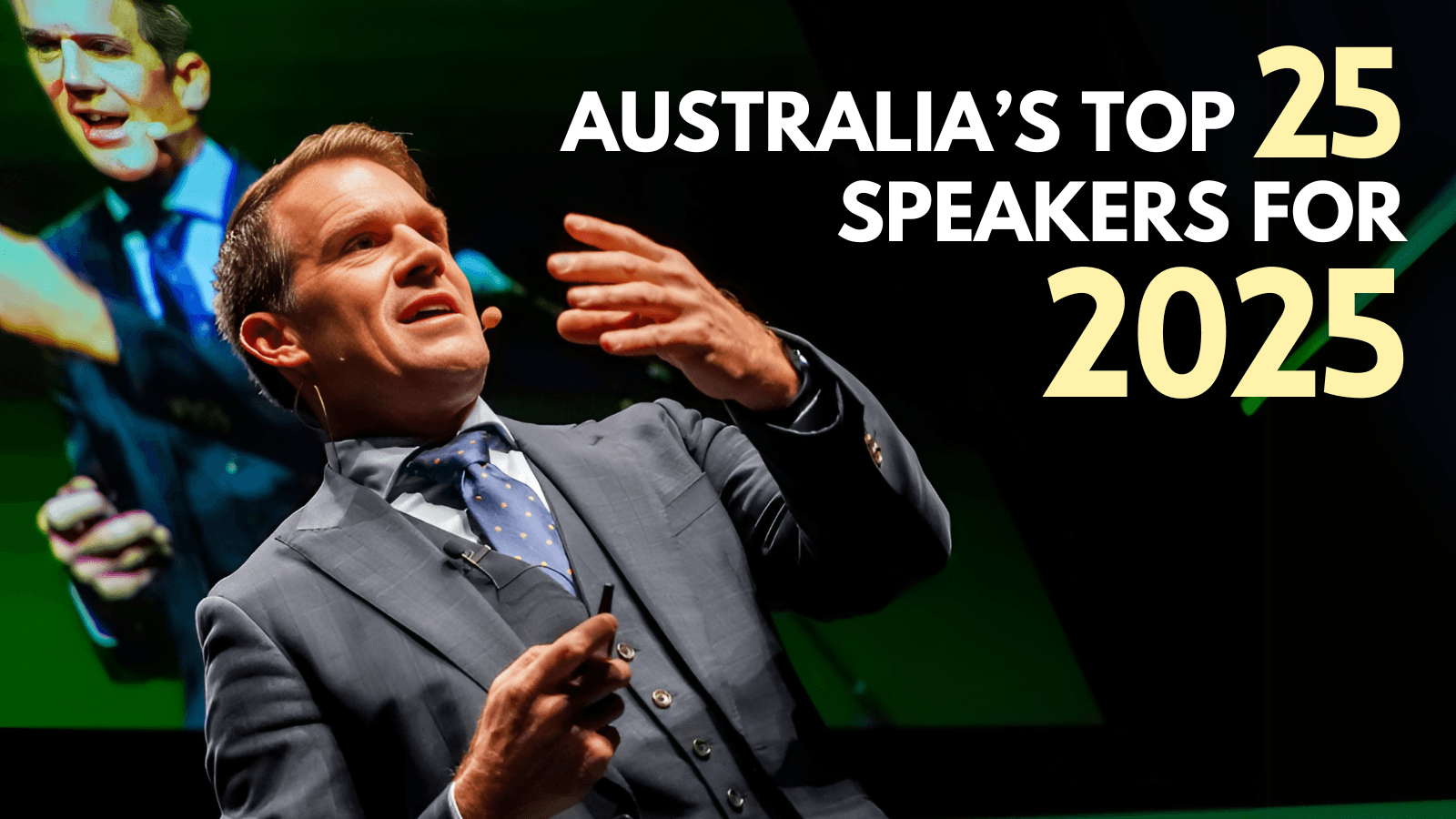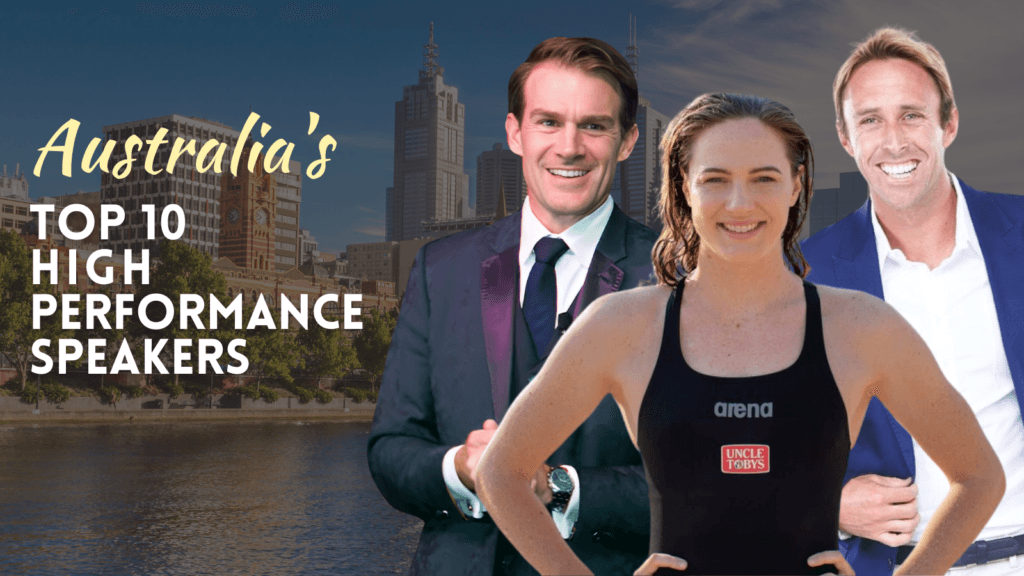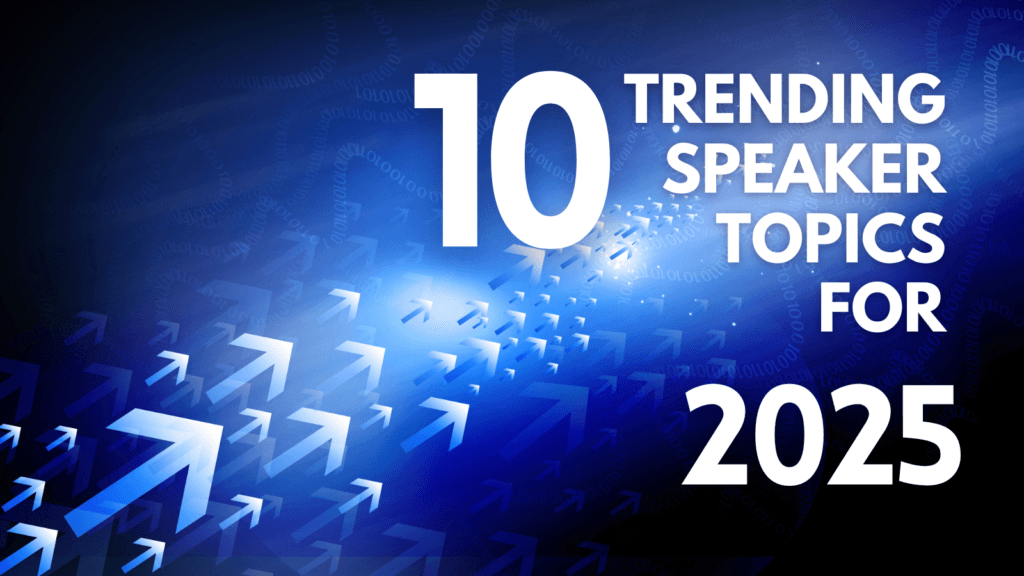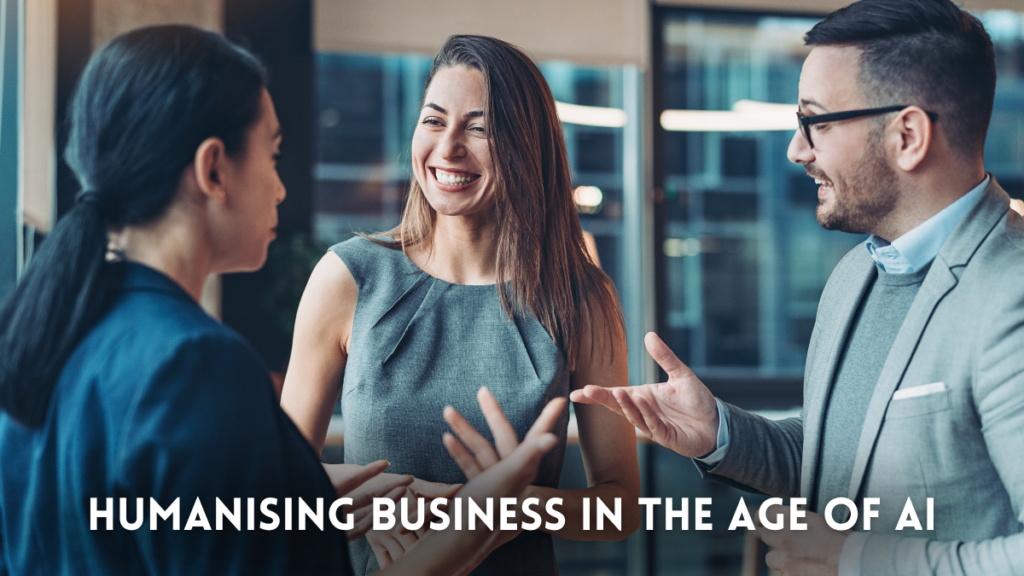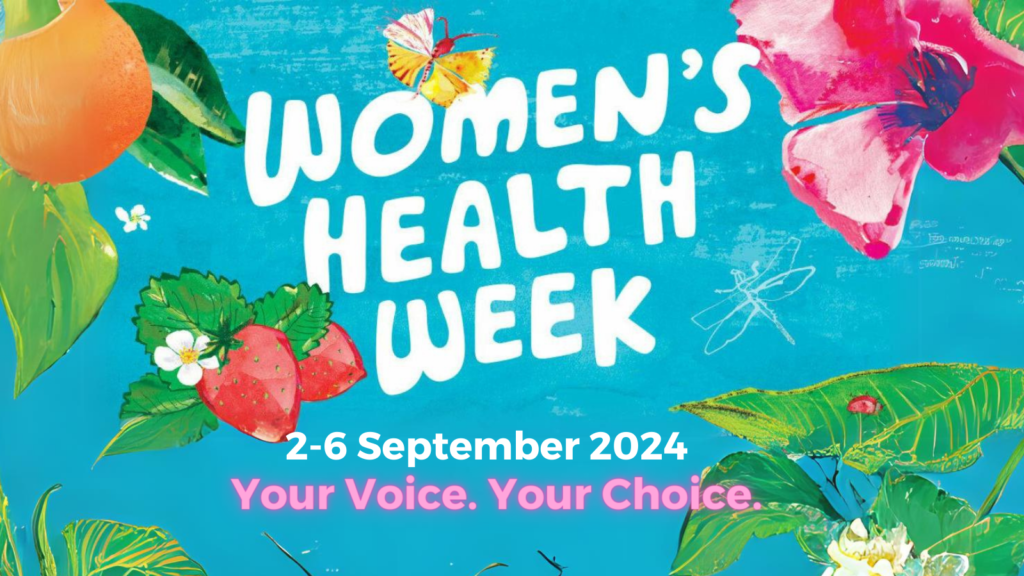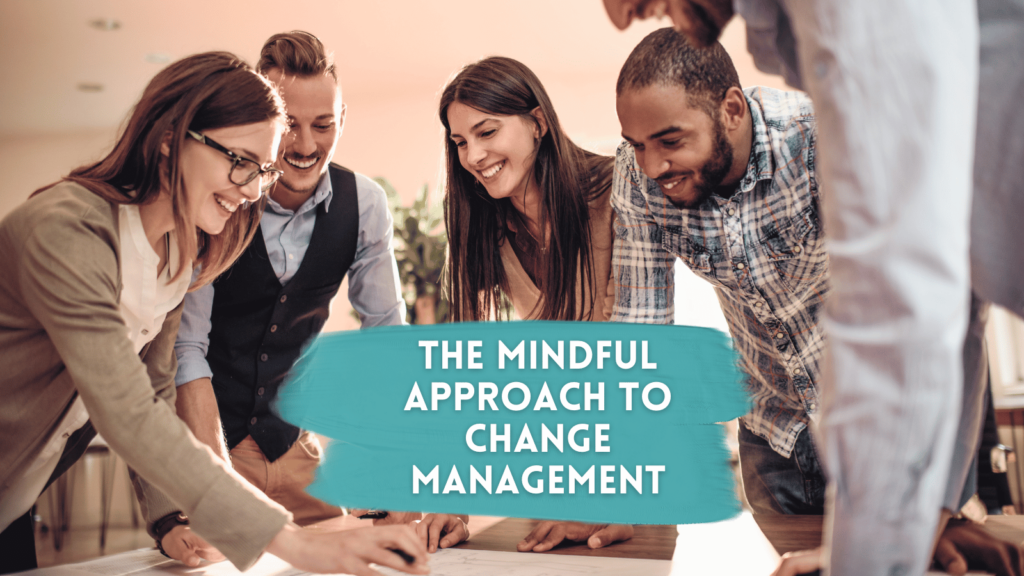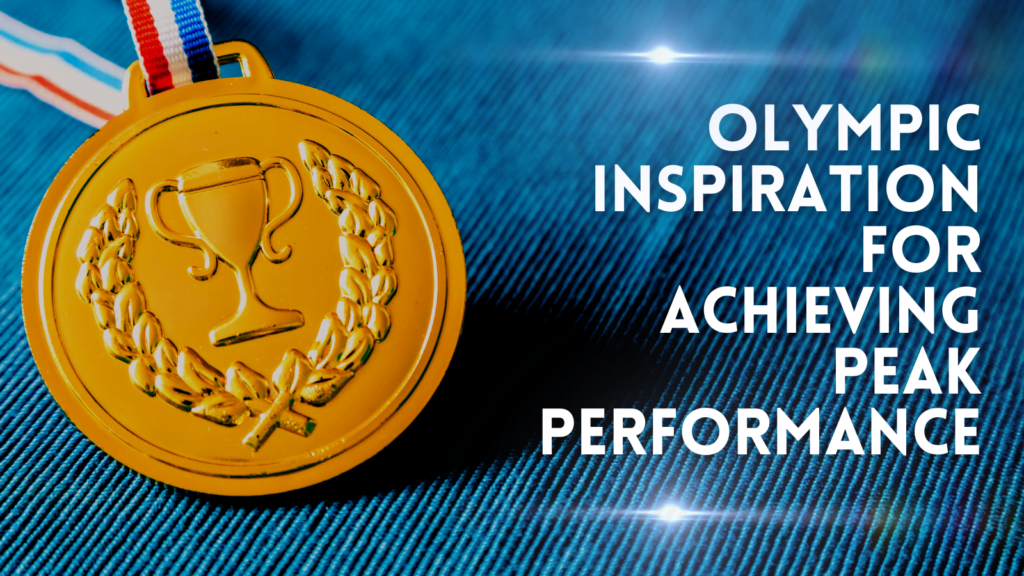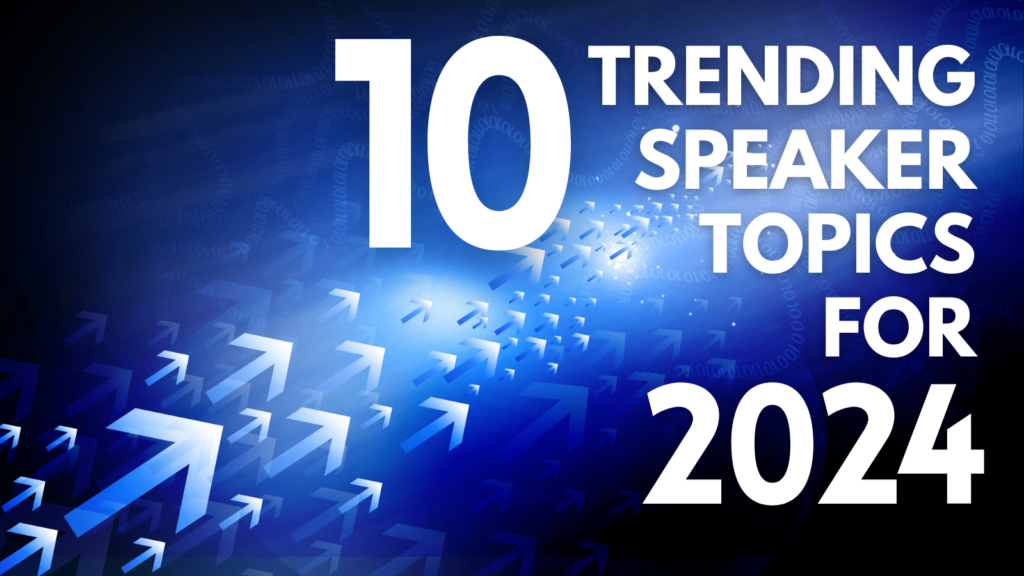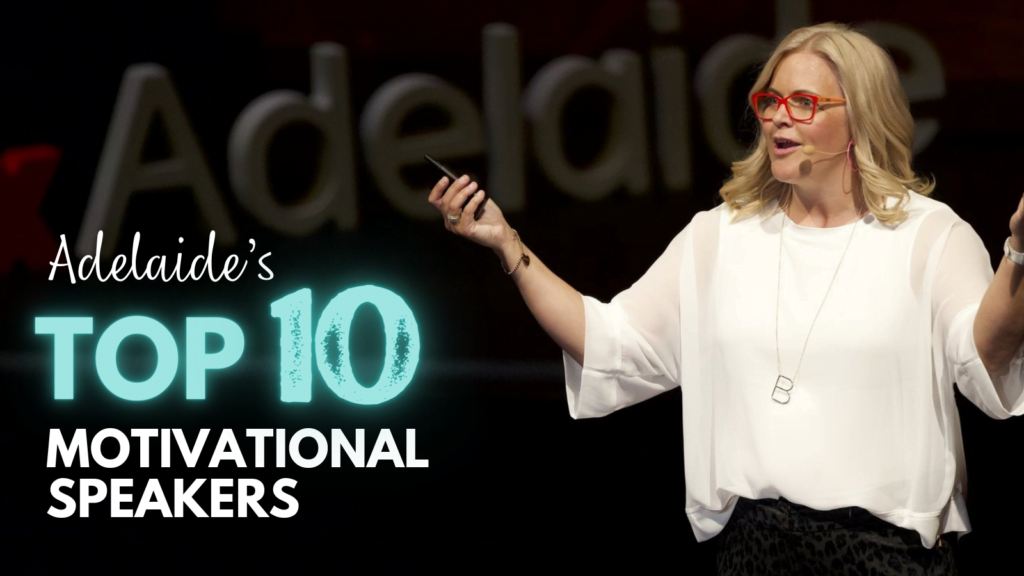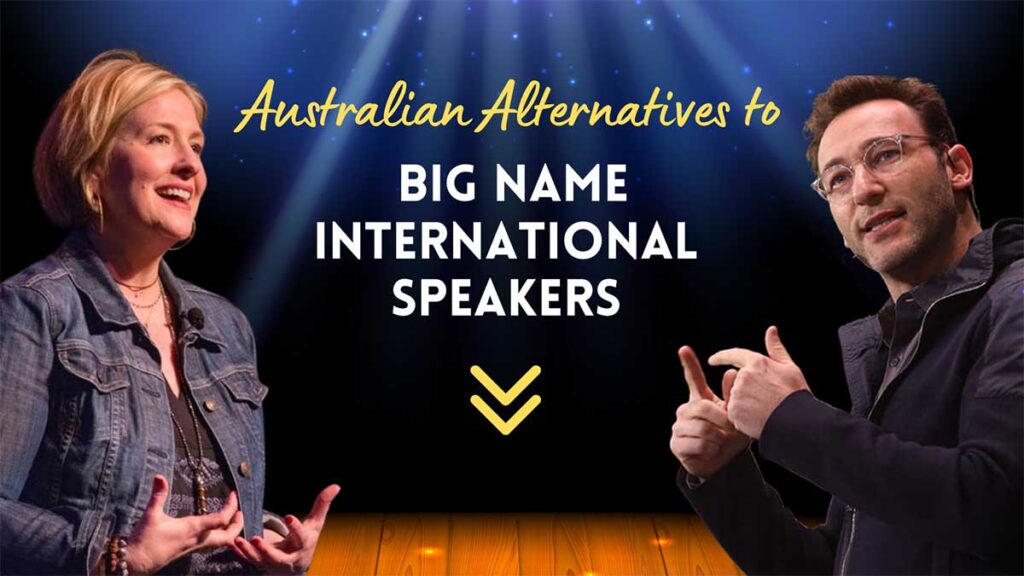Australia’s Top 25 Speakers for 2025
In an era that’s been defined by digital transformation, the power of human connection and authentic storytelling has never been greater. And that’s where our Australian motivational speakers shine bright. They’re world-class, and they’re out there on the global stage inspiring and empowering the next generation of great thinkers and leaders. The speakers who made …
Continue reading “Australia’s Top 25 Speakers for 2025”

